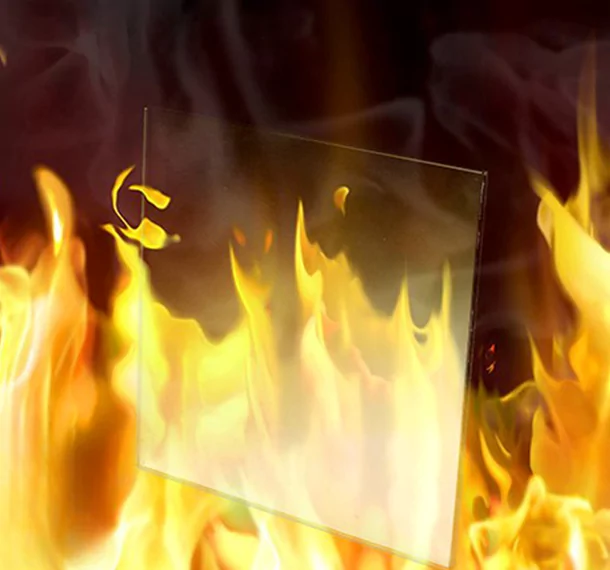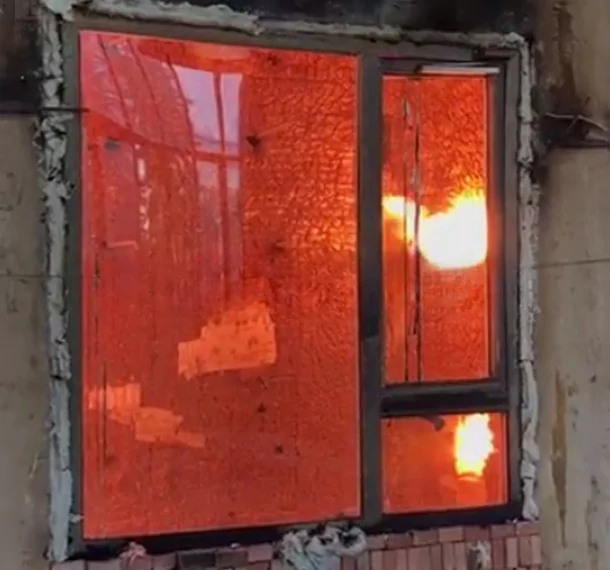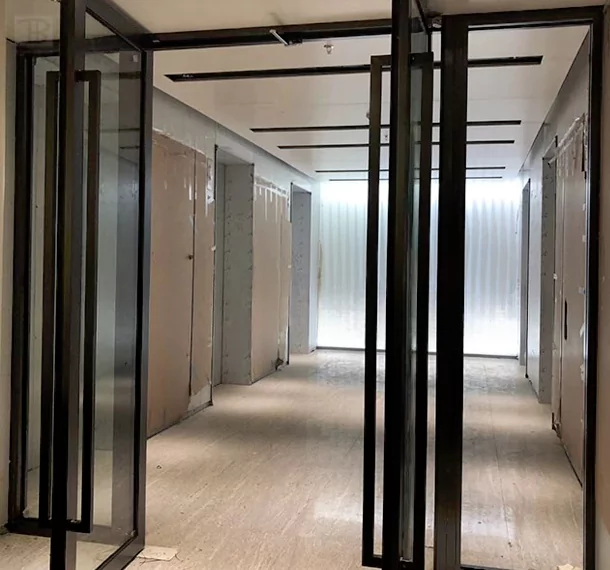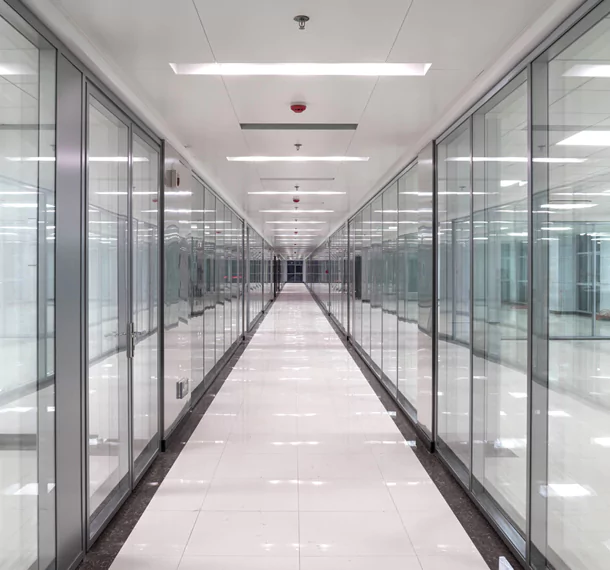Top Fire-Rated Glass Solutions in Ilorin
In nigeria, the safety of buildings is paramount, particularly to fire protection. one critical component that plays a vital role in ensuring fire safety is fire-rated glass Ilorin . however, the effectiveness of this safety measure hinges not only on the quality of the glass itself but also on clear and durable labeling. the labeling on fire-rated glass Ilorin products is not just a formality; it serves as an essential tool for installers, building inspectors, and emergency personnel in Ilorin.
Clear labeling is a mandatory requirement for all fire-rated glass products distributed and installed in nigeria. each label must conspicuously display critical information such as the manufacturer's name, product type, and most importantly, the fire rating (e.g., e30 or ei60). this information allows those responsible for building safety to quickly ascertain the performance characteristics of the glass being used. for instance, understanding whether a specific piece of glass can withstand high temperatures for 30 minutes (e30) or 60 minutes (ei60) can significantly influence how effectively it can protect lives during a fire incident.
Proper labeling is not just about compliance; it's also about accountability within the supply chain. in cases where there are questions regarding safety standards or product performance during an incident, clear labels provide traceability back to manufacturers and suppliers. this traceability becomes crucial when investigating incidents or ensuring adherence to regulatory standards.
Furthermore, having clear labels helps streamline inspections by building officials who need to verify that installations meet legal requirements. it also aids emergency responders who may need to assess risks quickly during a crisis situation—knowing which areas contain fire-rated glass Ilorin can inform their strategies during firefighting efforts in Ilorin.
Clear and durable labeling on fire-rated glass Ilorin products is indispensable in nigeria's construction landscape. it enhances regulatory compliance while fostering accountability within the supply chain—ultimately contributing to more robust overall building safety measures.
As urbanization continues to accelerate in nigeria, older buildings often require upgrades to meet modern safety standards—especially concerning fire protection measures. one increasingly common practice gaining traction is retrofitting existing structures with fire-rated glass. this process involves replacing standard glazing with specialized alternatives designed specifically for enhanced resistance against flames and heat.
Retrofitting serves multiple purposes: it not only aligns older buildings with updated building codes but also significantly enhances their passive fire protection capabilities. key areas targeted during retrofitting typically include corridors, stairwells, service shafts, and other critical points where smoke and flames could spread rapidly if not adequately contained.
The process begins with careful planning that takes into account compatibility with existing structures while minimizing disruption during installation—a crucial factor especially in commercial settings where downtime can lead to significant financial losses. professionals must assess structural integrity before any modifications are made; this ensures that new installations will function correctly without compromising overall stability.
Upgrading existing buildings with fire-rated glass extends their lifespan by improving overall resilience against potential disasters—a vital consideration given nigeria's growing concerns around urban fires due to increased population density combined with inadequate infrastructure maintenance practices over time.
Beyond enhancing physical structures themselves lies another benefit: increasing occupant confidence regarding their environment’s safety features fosters better community relations while encouraging adherence among property owners toward maintaining higher standards across all facets of management—from routine inspections through emergency preparedness protocols tailored specifically around these upgrades.
Retrofitting existing buildings in nigeria with fire-rated glass represents an essential step toward improving overall public safety amidst evolving regulatory landscapes surrounding construction practices today—and will undoubtedly play an integral role moving forward as we strive towards creating safer living spaces throughout our cities nationwide!







